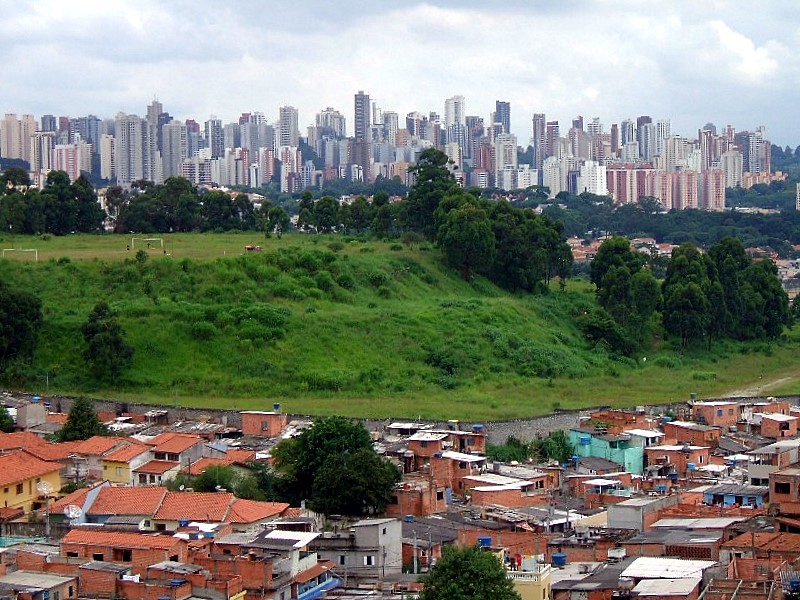
11 GREAT master’s scholarships
In partnership with the British Council and the GREAT Britain Campaign, we’re offering 11 postgraduate scholarships for students from selected countries. We are pleased to offer scholarships of £10,000. Scholarships will be awarded in the form of a partial-fee waiver and there is one scholarship per country from the following countries: read more…

Three PhD opportunities examining the ‘new’ Cold War
We are delighted to share three PhD scholarship opportunities to study the ‘new’ Cold War with Seth Schindler. All three are dual PhD projects, with periods of research at The University of Melbourne or The University of Toronto.

GDI Webinar: Political Economies of Energy Transition
Wind power has expanded quickly in Brazil, while solar power lags there and both wind and solar power have struggled to take off in South Africa. Professor Kathryn Hochstetler argues that four different political economies – climate change, industrial policy, consumption and distribution, and siting – help account for energy transition. However, coalitions are being built on each of these at the same time, potentially interlocking to reinforce or counter-balance each other.
read more…

Symposium to celebrate the 75th anniversary of the 5th Pan-African Congress in Manchester
On 17th October we held a day-long symposium to celebrate the 75th anniversary of the 5th Pan-African Congress which was held in Manchester. Organised by our Africa Research Group, the event brought together researchers to discuss ‘75 Years after the 5th Pan-African Congress: Decolonising Africa’s Development Agenda’. You can catch up with the presentations and panels below.
The 1945 Pan-African Congress was held in Manchester and brought together intellectuals and activists such as W.E.B Du Bois, Kwame Nkrumah, Nnamdi Azikiwe and Jomo Kenyatta. The Congress was a springboard for these key figures in connecting with each other and developing new national strategies towards hastening decolonisation. read more…

Overcrowding, not density, makes cities more vulnerable to Covid-19
Professor Diana Mitlin, CEO of the African Cities Research Consortium
Covid-19 has brought a new realization to many governments and development agencies. Investment in towns and cities is essential. People need to live in healthy neighbourhoods with access to basic services. With this new interest, it is critical that appropriate learning takes place so that interventions can be successfully designed.
Over 95% of all Covid-19 cases globally occur in urban areas. Pandemics are dependent on the interactions of humans with their environment and these interactions are intensified in towns and cities. Too little attention is given to the multiplicity of ways in which the “urban” nature of settlements and livelihoods influences what is possible in terms of responses to the health and economic emergencies. read more…

Podcast: Africa: 75 years after the Manchester Pan-African Congress with Amani Abou-Zeid
Dr Amani Abou-Zeid, African Union Commissioner for Infrastructure, Energy, ICT and Tourism, discusses Africa: 75 years after the Manchester Pan-African Congress.

Is REDD+ Dead? A simple idea with a complex reality
Elliot Nicholls
The idea is simple, reduce emissions from deforestation and degradation by paying local communities to conserve tropical forests. Not only does this mitigate climate change, but it also has the ability to enhance local livelihoods. A true win-win scenario.
It turns out that this is a lot easier said than done; so far, the successfulness of REDD+ schemes have varied massively from country to country and some researchers have already branded the UN’s brainchild a failure. With mixed reviews from a variety of studies across the country, it seems Uganda is no exception. read more…

How can international research be undertaken during a global pandemic?
Sylvia Nyarko, GDI Merit Scholar, 2018/2019.
I believe Covid-19 has come to stay and is far from over. Its ripple effects and impacts have greatly been felt by all including academics. Those mostly at loss are the PhD and MPhil students who require primary data for constructive analysis and research progression, and lecturers who were embarking on research projects abroad which have been delayed if not halted entirely. read more…

January entry for distance learning course on Human Resource Management and Development
Our two years master’s programme in Human Resource Management and Development is accepting students for January 2021 entry. So if you’re in a job you love or have family commitments – but still want to immerse yourself in postgraduate study, then this distance learning programme might be course for you.
read more…

Inequality and Covid-19: analysing Oxfam’s latest report
Prof David Hulme, Global Development Institute
Oxfam’s reports on inequality have grabbed the headlines over the years – “8 men own the same wealth as 3.6 billion people” won global media coverage a few years ago and challenged many of the world’s business elite at Davos as they pontificated about “what to do about inequality”.
